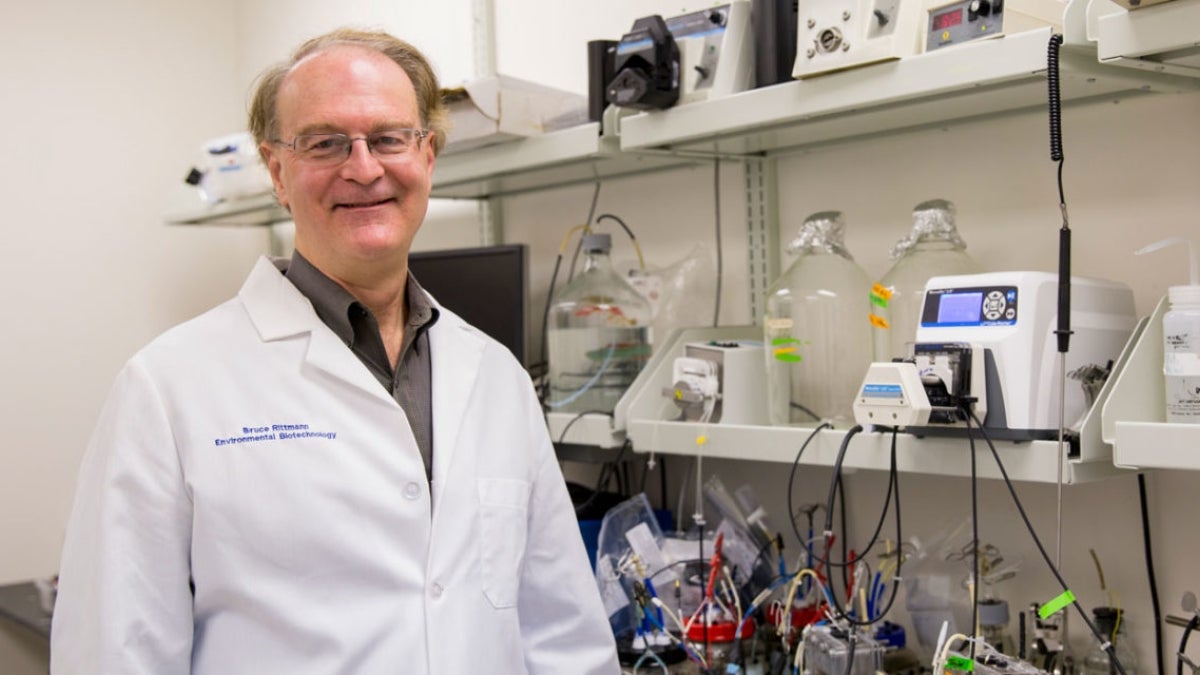Regents Professor Bruce Rittmann honored with WEF research award

Bruce Rittmann is the director of the Biodesign Swette Center for Environmental Biotechnology and Regents Professor of Environmental Engineering at ASU's Ira A. Fulton Schools of Engineering.
Arizona State University Regents Professor Bruce Rittmann has been named the 2021 recipient of the WEF Camp Applied Research Award, bestowed by the Water Environment Federation.
“Dr. Rittmann is recognized for his body of work, from membrane biofilm reactors to membrane capture of CO2,” according to a WEF Award statement.
Rittmann is the director of the Biodesign Swette Center for Environmental Biotechnology, a Regents Professor of environmental engineering at ASU and one of the world’s foremost leaders in the field.
The award was created in honor of Thomas R. Camp, “an outstanding educator, consultant and writer whose contributions to applied research have guided design criteria in many aspects of water pollution control.”
The honor from WEF will be added to a lengthy list of prizes and accolades Rittmann has received for his pioneering work, including the 2018 Stockholm Water Prize, which has been described as the Nobel Prize of water research.
Rittmann’s broad research interests involve the management of microbial communities to provide services to society. These endeavors include remediation of environmental pollution, water and wastewater treatment, capture of renewable energy and technologies for the improvement of human health.
Research highlighting the vital role of microbial communities in converting pollutants into useable commodities was described by Rittmann in a 2018 podcast.
More Science and technology

Lucy's lasting legacy: Donald Johanson reflects on the discovery of a lifetime
Fifty years ago, in the dusty hills of Hadar, Ethiopia, a young paleoanthropologist, Donald Johanson, discovered what would…

ASU and Deca Technologies selected to lead $100M SHIELD USA project to strengthen U.S. semiconductor packaging capabilities
The National Institute of Standards and Technology — part of the U.S. Department of Commerce — announced today that it plans to…

From food crops to cancer clinics: Lessons in extermination resistance
Just as crop-devouring insects evolve to resist pesticides, cancer cells can increase their lethality by developing resistance to…